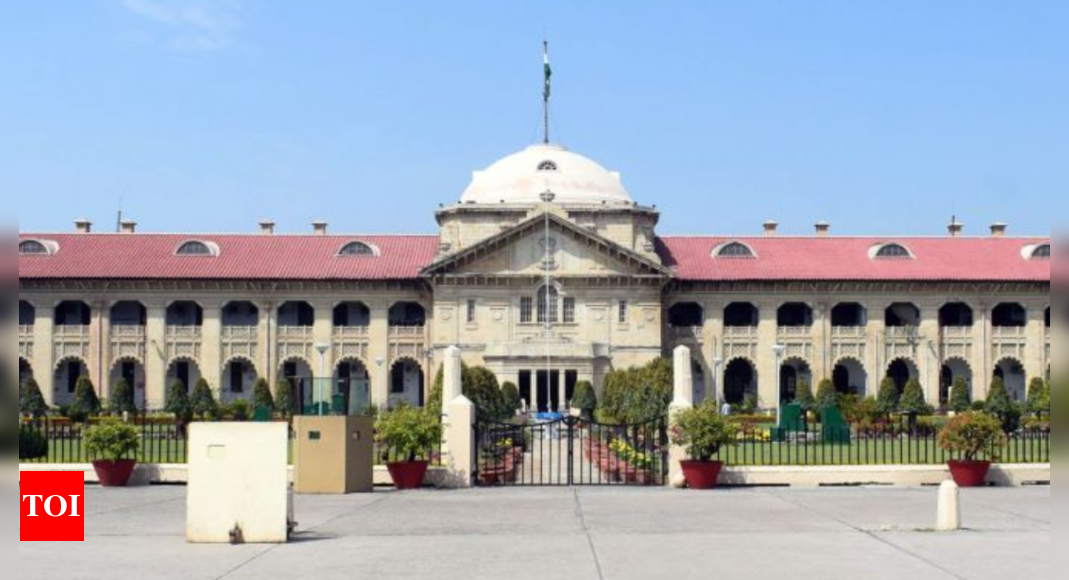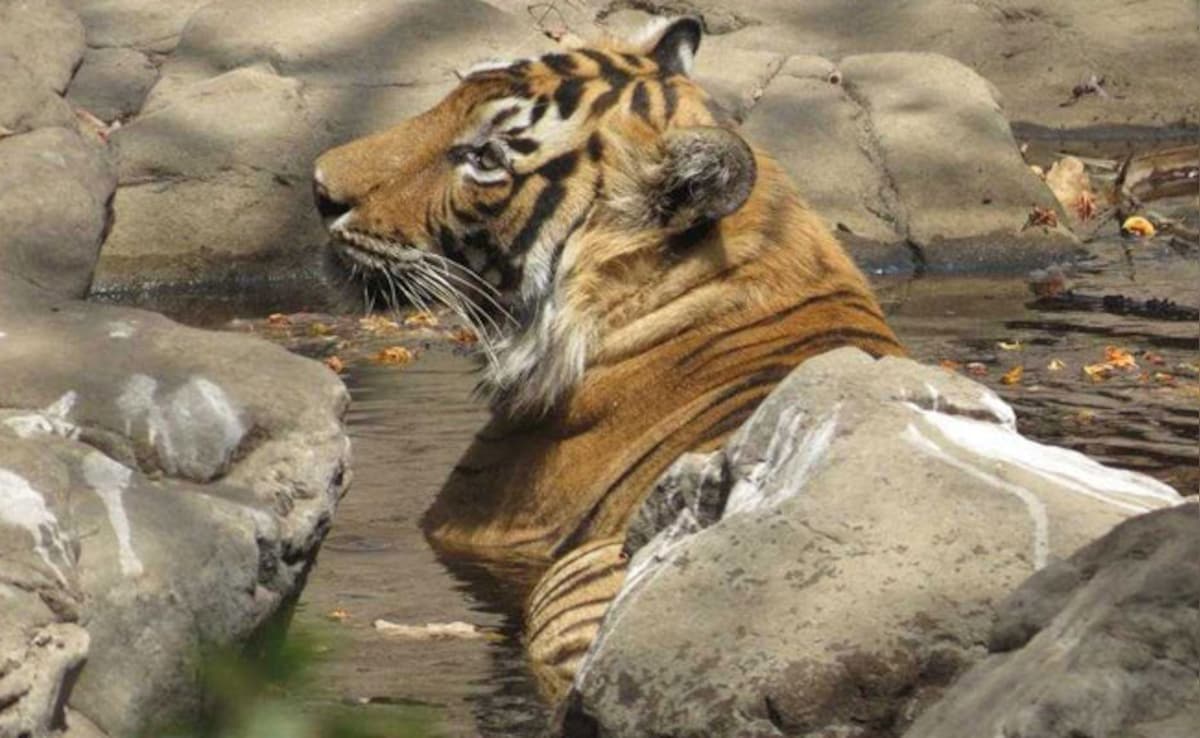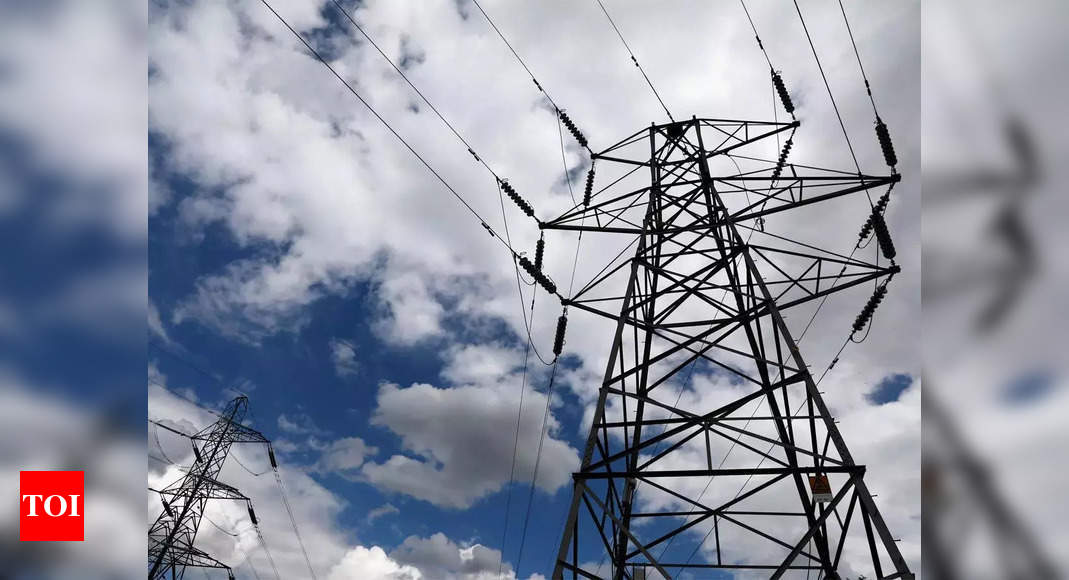
PRAYAGRAJ: The Allahabad high court has observed that the right to freedom of religion does not include the right to convert others. The court gave the observation while denying bail to a person accused of religious conversions.
Rejecting the bail plea of Shriniwas Rav Nayak on Tuesday, Justice Rohit Ranjan Agarwal opined that the Constitution of India permits citizens the right to profess, practice and propagate their religion, but does not allow conversion of religion.
“The Constitution confers on each individual the fundamental right to profess, practice and propagate his religion. However, the individual right to freedom of conscience and religion cannot be extended to construe a collective right to proselytize,” the bench said and added that the right to religious freedom belongs equally to the person converting and the individual sought to be converted.
Nayak, a native of Andhra Pradesh, was booked under the UP Prohibition of Unlawful Conversion of Religion Act, 2021 for converting some Hindus to Christianity, promising relief from pain and an improved life. While some villagers accepted Christianity and began praying, the informant, Brijlal, escaped and reported the incident to the police.
According to the prosecution, the informant had been invited to the house of a co-accused in UP’s Maharajganj district in Feb this year. He is stated to have seen many other people there, mostly belonging to the Scheduled Caste community. The accused persons had allegedly asked the informant to leave the Hindu religion and accept Christianity so that “all his pain would come to end and he would progress in life.” But the informant escaped from the place and informed the police, leading to the registration of the case.
After hearing the arguments from both sides, the high court noted that the 2021 law clearly prohibits conversion from one religion to another religion on the basis of misrepresentation, force, fraud, undue influence, coercion and allurement. The court also observed that the Act further provides for punishment for contravention of the provisions of the section, which also restricts a person from abetting, convincing, or conspiring to such conversion.
Further, the court stated that the Act of 2021 was enacted keeping in view Article 25 of the Constitution of India, which does not allow or permit any citizen to convert any citizen from one religion to another religion.
In view of this, taking into account the allegations made against the accused, the court noted that the informant was persuaded to convert to another religion and this was prima facie sufficient to decline bail to the applicant as it established the fact that a conversion programme was going on and many villagers belonging to the scheduled castes community were being converted from Hinduism to Christianity.
Rejecting the bail plea of Shriniwas Rav Nayak on Tuesday, Justice Rohit Ranjan Agarwal opined that the Constitution of India permits citizens the right to profess, practice and propagate their religion, but does not allow conversion of religion.
“The Constitution confers on each individual the fundamental right to profess, practice and propagate his religion. However, the individual right to freedom of conscience and religion cannot be extended to construe a collective right to proselytize,” the bench said and added that the right to religious freedom belongs equally to the person converting and the individual sought to be converted.
Nayak, a native of Andhra Pradesh, was booked under the UP Prohibition of Unlawful Conversion of Religion Act, 2021 for converting some Hindus to Christianity, promising relief from pain and an improved life. While some villagers accepted Christianity and began praying, the informant, Brijlal, escaped and reported the incident to the police.
According to the prosecution, the informant had been invited to the house of a co-accused in UP’s Maharajganj district in Feb this year. He is stated to have seen many other people there, mostly belonging to the Scheduled Caste community. The accused persons had allegedly asked the informant to leave the Hindu religion and accept Christianity so that “all his pain would come to end and he would progress in life.” But the informant escaped from the place and informed the police, leading to the registration of the case.
After hearing the arguments from both sides, the high court noted that the 2021 law clearly prohibits conversion from one religion to another religion on the basis of misrepresentation, force, fraud, undue influence, coercion and allurement. The court also observed that the Act further provides for punishment for contravention of the provisions of the section, which also restricts a person from abetting, convincing, or conspiring to such conversion.
Further, the court stated that the Act of 2021 was enacted keeping in view Article 25 of the Constitution of India, which does not allow or permit any citizen to convert any citizen from one religion to another religion.
In view of this, taking into account the allegations made against the accused, the court noted that the informant was persuaded to convert to another religion and this was prima facie sufficient to decline bail to the applicant as it established the fact that a conversion programme was going on and many villagers belonging to the scheduled castes community were being converted from Hinduism to Christianity.








